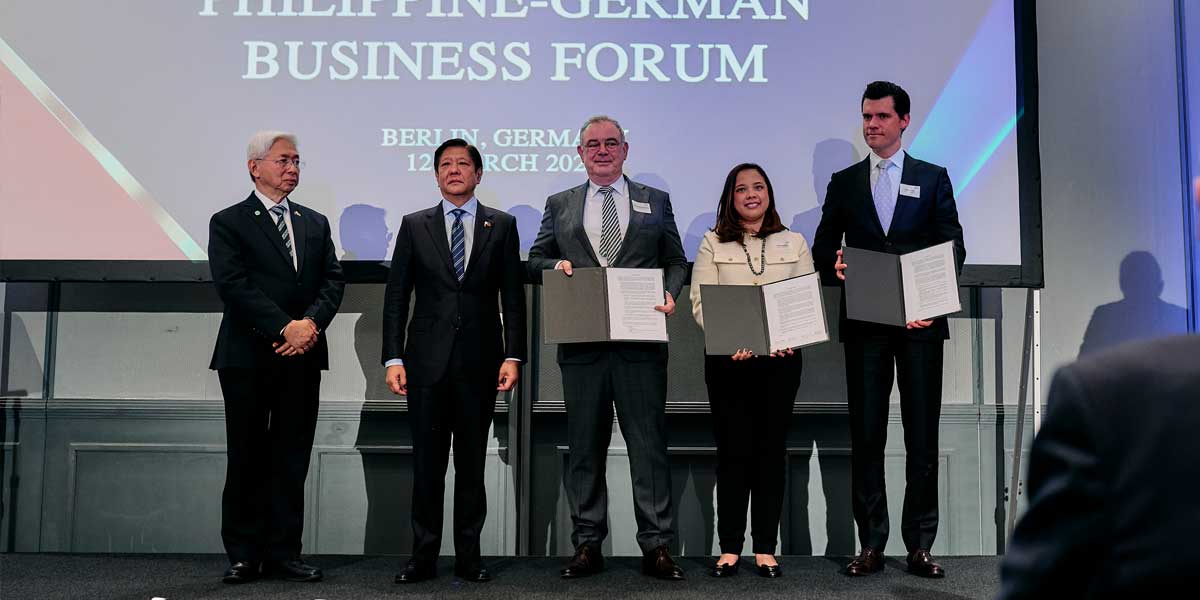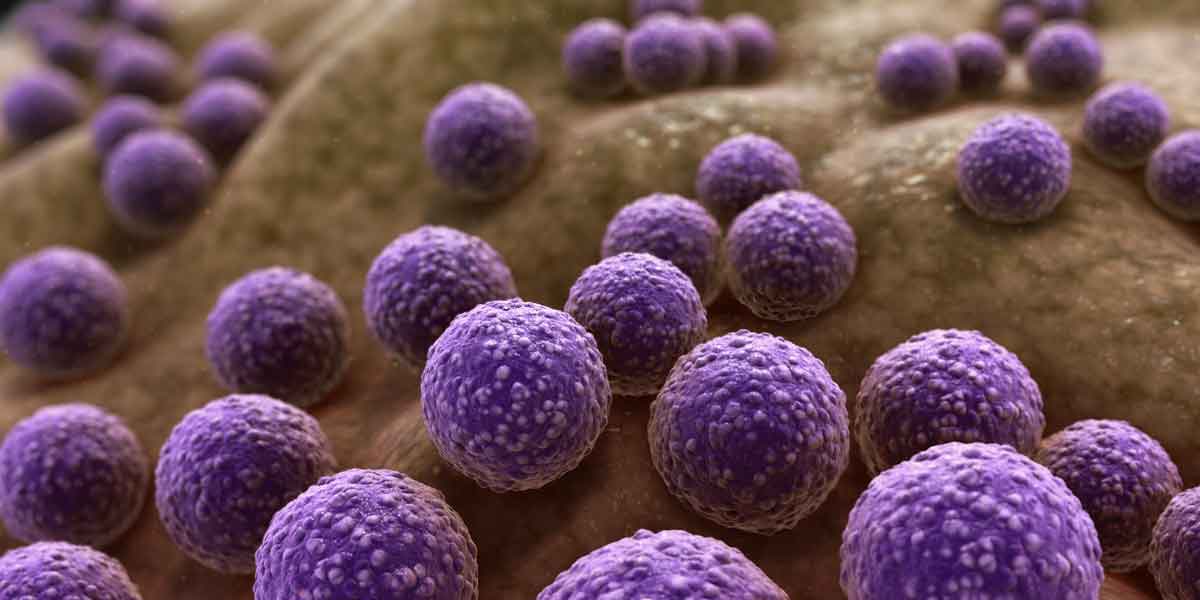The United States government, through the U.S. Agency for International Development (USAID) and the U.S. President’s Emergency Plan for AIDS Relief (PEPFAR), is working with the Department of Health and other partners to introduce innovations to help end the HIV epidemic in the Philippines.
USAID, through its Meeting Targets and Maintaining Epidemic Control (EpiC) project, and its partners recently launched QuickRes.org, a website that allows clients to easily book health services such as HIV testing and treatment in the Philippines.
The website also helps health facilities manage clinic appointments and HIV-related care. It has already been successfully rolled out in more than 20 countries in Africa, Asia, and the Caribbean.
USAID also led a series of webinars for people living with HIV and healthcare workers about a highly effective new HIV treatment regimen called TLD (Tenofovir, Lamivudine, and Dolutegravir). TLD has fewer side effects than other HIV treatment regimens and is considered the gold standard in HIV treatment.
According to the World Health Organization, HIV infections in the Philippines increased by 200 percent between 2010 and 2018. While there is no available cure for HIV/AIDS, numerous advances have led to stronger prevention and treatment for people living with HIV/AIDS and those at risk for it.
“Both TLD and the QuickRes online booking platform are game changers when it comes to HIV work in the Philippines. Together with existing efforts, these two could help the country meet the global target of ending the HIV epidemic by 2030,” said USAID Philippines Health Office Director Michelle Lang-Alli.
USAID, PEPFAR, and their partners are also planning other community events to reach more people living with HIV to help them stay within their treatment program and safely transition to TLD. USAID will continue to work with key stakeholders, partners, and members of the people living with HIV community to realize the vision of a future free of new HIV infections and improved quality of life for all people living with HIV.
“We want people to know that HIV treatment works. With consistent HIV treatment, people living with HIV can lead full, long, and healthy lives, without being afraid of passing it on to the people they care about,” said Lang-Alli. “Everyone should be able to live freely—free from fear, labels, or hurdles that keep them from being healthy. We should be free to be ourselves. You should be free to be you.”





















